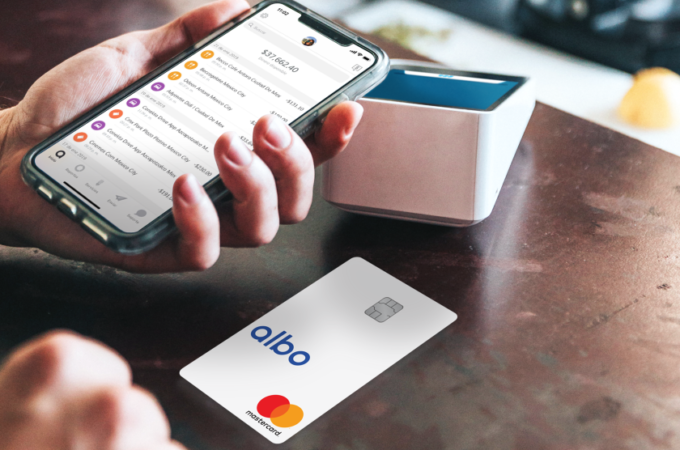
CreditHero wants to help fix credit scores for those afraid to even look
By Matthew Lynley for Techcrunch
With apps like Robinhood and services like Wealthfront for investing, and Credit Karma to check your credit score regularly, it might seem like financial services are finally getting more palatable and mainstream. But to Nicole Sanchez, people still need to have decent credit to get to the point where they’ll use those services — and that’s a huge hurdle to cross.
That’s why she and her co-founders started CreditHero, a service geared toward helping people better understand their credit score and how to meaningfully improve it that launched at TechCrunch Disrupt NY 2017. By taking a more conversational approach, Sanchez and her team hope they might create a warmer experience (even with a bot) that will encourage people to not only understand how to improve their credit, but feel like they can even look at their credit score without freaking out. There’s a lot of hype around building conversational user interfaces, but Sanchez thinks that using this to have a meaningful chat about a difficult subject may be the best approach for such a hairy topic.
The process starts with a conversation that tries to do a quick diagnosis of what the person is concerned with, and build a sort of rapport with the user. After getting details out through that conversation, users then sign up, link their credit report and get a “credit prescription.” That process is based on user behavior to create a more customized experience for every user — and continue building up that trust.
“One in two people have subprime credit, it’s the majority of Americans,” co-founder Nicole Sanchez said. “Credit monitoring services are great, but if most haven’t checked, there’s still a massive opportunity. What we discovered is most people had not checked because they were afraid of what they were going to see. We talk about how financial distress is the new normal, but it really is. Most people aren’t in a secure situation.”
Part of the origin story stems back to an event the team hosted at a co-working office. At the end, Sanchez asked the attendees to text a number if they felt like they needed help with their credit. The response was “overwhelming,” she said, and showed a clear need for something that would help people improve their credit — that didn’t clearly exist just yet. Their goal was to build something that would work for people who weren’t technically savvy and just needed a way to get to the point where they could get a credit card for emergencies, or eventually make it to getting a decent loan for a house.
That’s part of the reason why, for now, the company doesn’t have an app. Instead, it’s a mobile web interface, which makes it more accessible to a wider array of people who might not have access to the best devices or internet connections, Sanchez said. The goal is to very quickly establish a trust with the user and guide them to the best suggestions to improve their score on their terms and based on their behavior.
“The first thing we get a sense of is how they feel about credit scores,” Sanchez said. “We find most people are either confused or concerned, but just asking that question establishes comfort. The next thing we want to talk about is goals. Do they want to lower debt, buy a home. Talking in an aspirational way is important. There’s a lot of behavioral economics that goes into it. This is someone who is probably distressed.”
Many users are looking to buy a home or refinance, which first requires establishing a good credit score, Sanchez said. Just by guiding them through recommendations, CreditHero users are able to boost their scores by 50 points within the first six weeks or so, which helps establish a good amount of trust, she said. Over the next few months they can then continue working toward building a stronger score. The company currently doesn’t monetize its service, though it seems like there are natural pathways to that monetization, like lead-generation.
There are certainly going to be challenges. All of the companies mentioned above, with a foothold in the fintech industry and in the mindshare around it, could go after a similar problem. Credit Karma already owns the experience around your credit score, and it seems like there are plenty of ways to fiddle with the user experience to build a similar product. Sanchez and CreditHero hope to establish a user base that has a lot of trust in that the results will help it grow, rather than being seen as a simple utility.
“Credit 1.0 was all around filling the information gap,” Sanchez said. “Ten years ago, Credit Karma came out, and you could get your credit score for free. That was why they were very new. They made a splash and built this large organization. NerdWallet came out targeting the top end of the segment, they came in with editorial. We’re gonna add more info to make you most informed on all the offers you have. The next innovation in fintech is really around the execution gap, how do I get from point A to point B. Okay, I have this score, how do I get there. That’s where CreditHero sits.”










